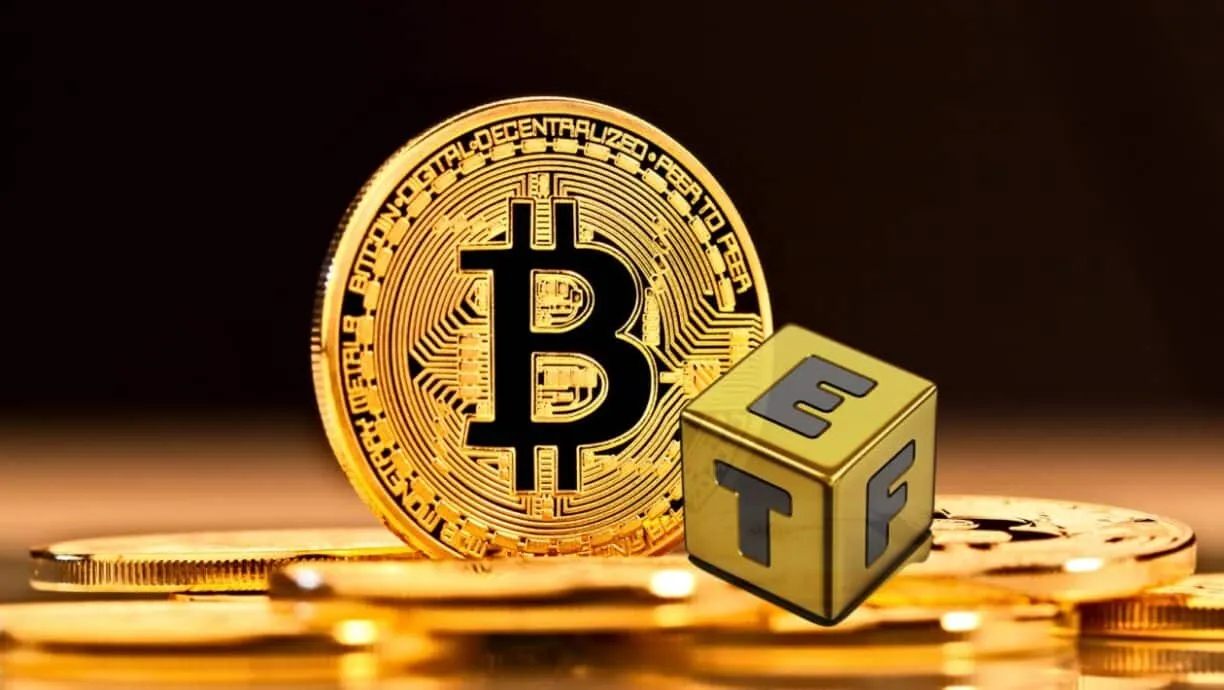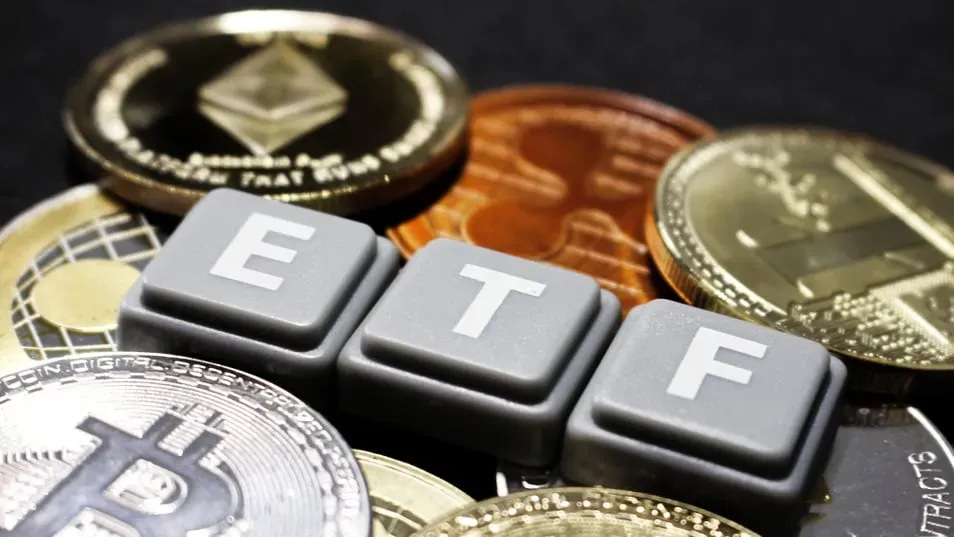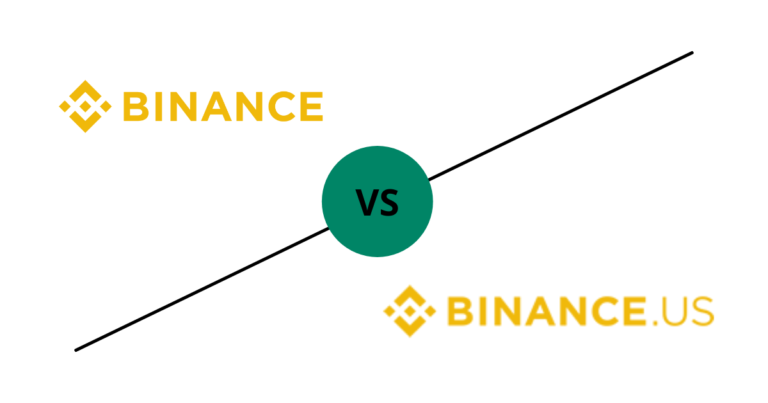What is Hashdex Bitcoin ETF?
Curious about Hashdex Bitcoin ETF? Come find out what it is and how it works. This investment will give you the opportunity to invest safely and at your comfort in Bitcoin, without owning it directly. Now, let’s break it all down simply.

The Hashdex Bitcoin ETF is a particular investment product to make indirect investments into Bitcoin through an exchange-traded fund.
Created by Hashdex, a company focused on investments in cryptocurrency, this was an alternative to buying and managing Bitcoin.
In the case of ETFs, investors get to experience exposure to Bitcoin’s price movement without dealing with private keys or trying to understand the intricacies behind cryptocurrency wallets and the chain technology.
By investing in a Bitcoin ETF, investors can gain exposure to the changes in the price of Bitcoin and add it to their portfolio in an existing, regulated investment structure.
This would be attractive for investors seeking exposure to Bitcoin but not wanting to, or needing to, deal with all the intricacies of digital wallets and possibly handling their own cryptocurrency security.
Is There an ETF That has Bitcoin?
Yes. The financial products included in the ETFs are futures, or other derivatives, devised to mimic the performance of Bitcoin, they are:
1. Holding Bitcoin Directly
Some of the ETFs for Bitcoin hold the cryptocurrency directly and keep it in a wallet that the fund controls. The ETF, therefore, tracks the price fluctuation of the coin in real time.
2. Derivatives and Futures Contracts
Some other types of ETFs track Bitcoin through holding derivatives or futures contracts in cryptocurrency. This lets them represent the performance of Bitcoin without holding it themselves.
Hashdex’s Bitcoin ETF uses a mix of these to track the value of Bitcoin. By doing this, one can invest in Bitcoin without having to deal with the digital nature of it and storage.
What is ETF Mining?

ETF mining has nothing to do with actual mining of the cryptocurrency but rather pertains to internal management within the ETF. The following will brief on how the term “mining” applies to Bitcoin ETFs:
1. Index Tracking
The Hashdex Bitcoin ETF typically tracks some form of Bitcoin index, such as the Nasdaq Crypto Index.
This insinuates that, on the flip side, the ETF does not really “mine” new Bitcoins but “mines” the value changes in Bitcoin. What this means practically is deploying financial derivatives that reflect the price action of Bitcoin inside the fund of the ETF.
2. Financial Mechanisms
Mining an ETF can also mean representing the performance of Bitcoin through derivatives and futures. The ETF doesn’t create an addition but instead emulates its value by structuring financial contracts.
3. Liquidity Creation
The ETF itself can “mine” liquidity, adding to the market depth. Investors buying the ETF are providing liquidity without increasing Bitcoin supply, thus making it easier for the ETF based on real-time price to be bought and sold.
So, although “ETF mining” doesn’t create new Bitcoin, it enables ETFs to track Bitcoin’s value.
How Much is a Bitcoin ETF Worth?
The value of a Bitcoin ETF depends on several basic factors that are inclusive but not limited to the current market price of Bitcoin, fund fees, and demand among investors. How each factor can affect a Bitcoin ETF:
1. Bitcoin’s Market Price
Since Bitcoin ETFs track the price of Bitcoin, the ETF will generally be expected to increase and decrease with Bitcoin. If the price doubles, then the ETF may also increase manifold.
2. Fund Management Fees
Bitcoin ETFs charge a yearly management fee, which decreases the total value of the ETF bit by bit. The usual fees range from 0.5% up to 1.5%. While with these fees come convenience and security, this makes the ETFs somewhat more expensive than direct ownership.
3. Demand and Market Liquidity
High demand among investors can drive the price up, while low demand brings it down. An ETF’s price is also influenced by liquidity-the ease at which it can be bought and sold.
4. Regulation and Market Sentiment
News concerning the legal status of Bitcoin and market sentiment about the same affects the value of the ETFs. While good news inflates the value of such ETFs, strict regulations might have the opposite effect.
On the whole, the value of the ETF follows market trends of Bitcoin, hence this is an easy way of keeping track without the ownership hassle.
Can I Store BTC in BSC?
Bitcoin and the Binance Smart Chain are on different networks, so Bitcoin cannot be kept on-chain by BSC. There is, a workaround: Wrapped Bitcoin (WBTC), which is an Ethereum token pegged to the value of Bitcoin.
By using WBTC or similar tokens, you could “store” your Bitcoin on the Binance Smart Chain while benefiting from BSC’s decentralized apps and low fees. Here’s how this works:
1. Change Bitcoin to WBTC
You can change Bitcoin into WBTC through platforms that support the said token, so you can interact with the Binance Smart Chain. In this case, it allows you to tap into the value of Bitcoin without actually having to move it.
2. DeFi Applications
Having WBTC on Binance Smart Chain allows utilization of DeFi applications to make returns or interact with other blockchain assets.
Anyway, though Bitcoin isn’t directly stored on BSC, WBTC is a way to use the value of Bitcoin within the Binance ecosystem.
How to Buy a BTC BSC Token
It doesn’t differ from buying any other cryptocurrency to buy BTC BSC-a tokenized form of Bitcoin on the Binance Smart Chain. Here’s how you could get started with it:
1. Create a BSC-Compatible Wallet
First, get a wallet compatible with Binance Smart Chain, such as MetaMask. This will be used for buying and holding the BTC BSC.
2. Add BSC Network to Your Wallet
Change settings in your wallet to support Binance Smart Chain for compatibility with the BTC BSC transaction.
3. Fund Your Wallet with BNB
Since transactions on the BSC require some BNB to pay for fees, add some BNB into your wallet. This will let you pay transaction fees while buying BTC BSC.
4. Buy BTC BSC on an Exchange
Go to a DEX that operates on BSC, such as PancakeSwap. On such platforms, you can trade BNB for BTC BSC.
Follow these steps to easily purchase BTC BSC and have one way to get the value of Bitcoin in the BSC ecosystem.
A Final Note
Hashdex Bitcoin ETF presents investors with a regulated and simplified route to exposure to Bitcoin.
The fund would be ideal for those interested in the digital asset but very much skeptical about the challenges posed by owning it directly, such as wallet management and security risks.
In this respect, Hashdex gives all the benefits of the price performance of Bitcoin without the technical challenges of crypto ownership.
The Hashdex Bitcoin ETF might be a suitable alternative for those who wish to enter the crypto market with a structured product. This ETF bridges the space between digital and traditional investments, making Bitcoin more accessible in a secure, regulated manner.







